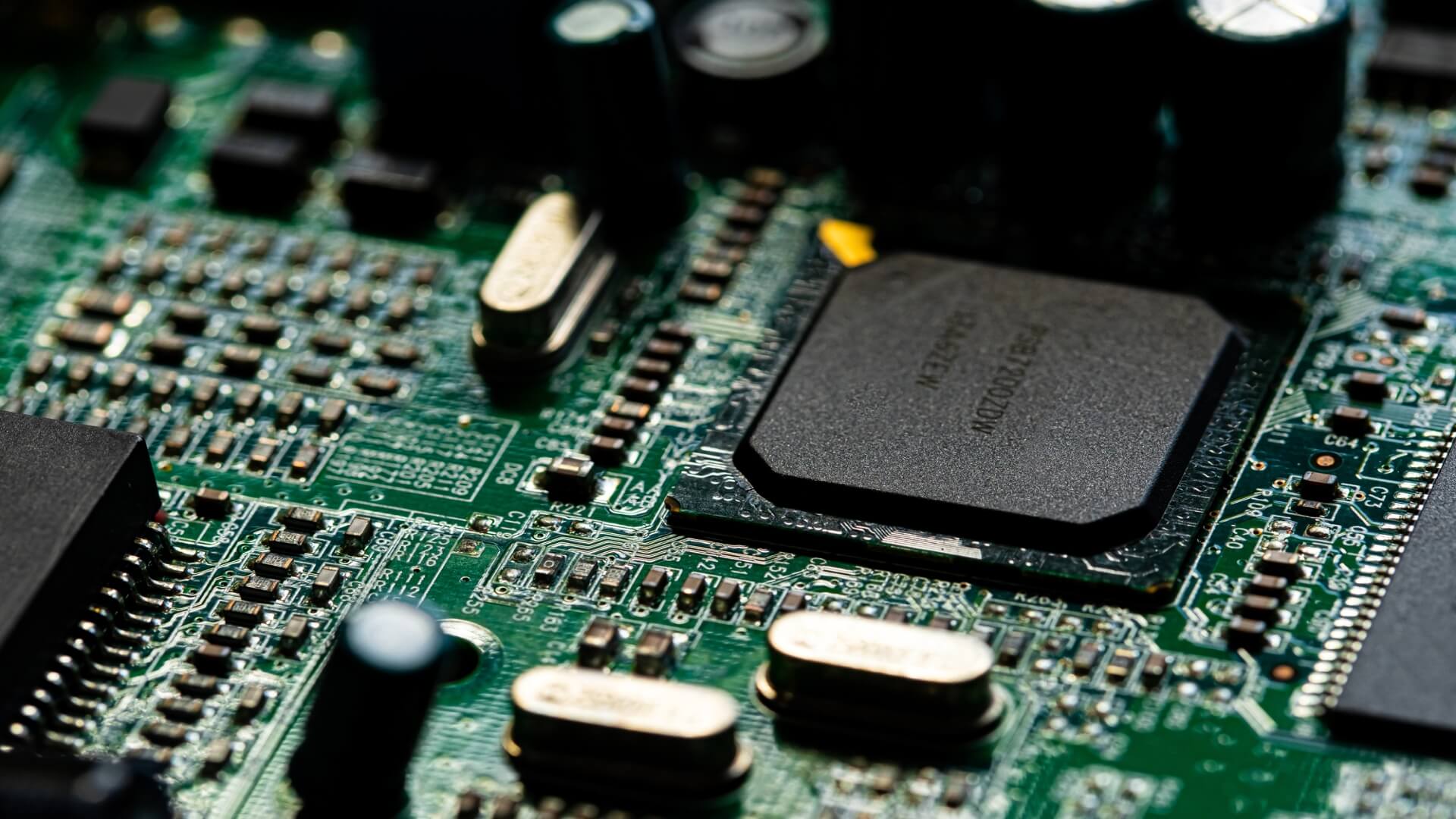Congress passed the CHIPs Act of 2022 to strengthen America’s semiconductor industry. The Act is looking to strengthen manufacturing, design and research, fortify the economy and national security, and reinforce America’s chip supply chains. According to the Semiconductor Industry Association (SIA), America’s share of the modern semiconductor manufacturing capacity located in the U.S. reduced from 37% in 1990 to 12% today which has been driven as a result of the aggressive investment in chip manufacturing by other countries’ governments, while the U.S. has not. In addition, almost none of the most advanced microchips needed for the development of emerging technologies, for instance autonomous vehicles, are currently produced by the U.S. In order to address these challenges, the CHIPs Act includes semiconductor manufacturing grants, research investments, and an investment tax credit for chip manufacturing.
The aim of the US semiconductor policy is to increase reliability and trust in supply, reinforce all components of chip-making capacity, and reduce China’s role in the supply chain. Chip production is complicated as it is based on complex, globally distributed, specialized supply chains involving many stages in production, including specialized materials, production equipment, design and related software, fabrication, testing, and packaging. With that in mind, the CHIPs Act aims to invest over $52 billion into domestic semiconductor production incentivizing leading tech companies like Intel, Taiwan Semiconductor Manufacturing Company (TSMC) and Micron Technology to build new domestic manufacturing plants, and tasking universities with training the talent needed to make them operational. Experts believe partnerships are critical to the Chips Act success, and one example is Arizona State University (ASU) which is leading the way to educate, and train highly qualified staff for new semiconductor plants by offering a semiconductor program focusing on industry collaboration in microelectronics research and workforce development.
Universities play a key role in training the workforce required to ensure the CHIPs Act goals for the semiconductor industry become a reality. Kyle Squires, dean of ASU’s Fulton Schools of Engineering, says that the university has been working to connect students with companies such as TSMC, which plans to build a $12 billion semiconductor manufacturing plant in North Phoenix set to open in 2023. According to ASU’s website, Intel is also investing about $20 billion into two new plants in the state. Here is an opinion piece we found of interest relating to why partnerships matter for the America’s semiconductor industry development.
Partnerships key to U.S. semiconductor chip industry development
In an opinion piece “Partnerships key to U.S. semiconductor chip industry development” for Axios, Nathan Bomey, business reporter, argues that while chips provide processing power for electronics, cars and AI, making them essential to the U.S. economy few are made here. He believes that advanced U.S. semiconductors will require a significant number of partnerships, alliances and investments. The U.S. increasingly considers chips to be a national security issue and an economic development matter. He adds that the Biden administration and Congress made chips a priority when they adopted the $52 billion CHIPS Act, which the Semiconductor Industry Association (SIA) reported has already sparked more than $200 billion in new investments. But SIA emphasized that the United States cannot do this on its own, insisting on the need to work closely with partners and allies to strengthen global semiconductor supply-chain resiliency.
Bomey points to a series of new developments in the U.S. semiconductor sector demonstrating a growing willingness to collaborate: For example, Intel recently announced that it would sell a 10% stake in its majority-owned IMS Nanofabrication business to Taiwan-based TSMC, the world’s largest semiconductor manufacturer. In addition, the State Department said President Biden’s trip to Vietnam would include exploring opportunities for the two countries to grow and diversify the global semiconductor ecosystem. Read the full article on Axios.
Disclosure: Fatty Fish is a research and advisory firm that engages or has engaged in research, analysis, and advisory services with many technology companies, including those mentioned in this article. The author does not hold any equity positions with any company mentioned in this article.
The Fatty Fish Editorial Team includes a diverse group of industry analysts, researchers, and advisors who spend most of their days diving into the most important topics impacting the future of the technology sector. Our team focuses on the potential impact of tech-related IP policy, legislation, regulation, and litigation, along with critical global and geostrategic trends — and delivers content that makes it easier for journalists, lobbyists, and policy makers to understand these issues.
- The Fatty Fish Editorial Teamhttps://fattyfish.org/author/fattyfish_editorial/January 19, 2024
- The Fatty Fish Editorial Teamhttps://fattyfish.org/author/fattyfish_editorial/January 3, 2024
- The Fatty Fish Editorial Teamhttps://fattyfish.org/author/fattyfish_editorial/January 3, 2024
- The Fatty Fish Editorial Teamhttps://fattyfish.org/author/fattyfish_editorial/December 31, 2023










